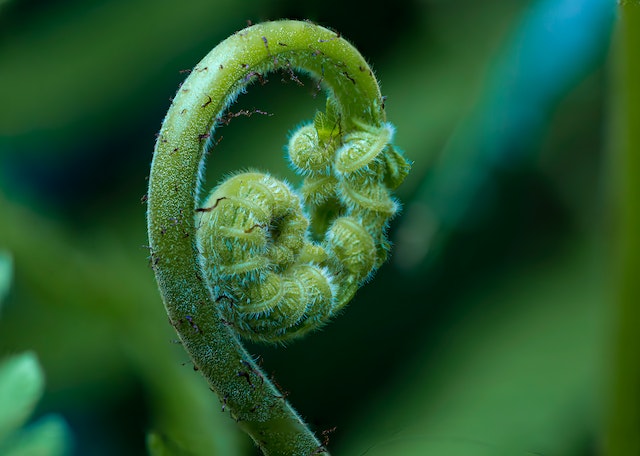We just completed our quarterly gathering, and for the first time, we went foraging for dinner! We hit this point where enough of us were tuned into wild food that we wanted to incorporate it into our dinner.

We brought our bowl and headed outdoors to see what spring had on offer. Would we find berries, seeds, mushrooms, or plants? There are some do’s and don’ts for foraging, and we observed them all.
Do’s and Don’ts of Foraging
- Only forage in areas that have not been sprayed with insecticides or herbicides. It’s not safe to eat those plants.
- Don’t over harvest! Leave enough plants so it can regenerate itself and be there for you next year. Wild animals also eat from nature. Share. The rule of thumb is to take up to 5% of a patch or 25% of the plants in an area.
- Many plants have lookalikes. If you are not 100% sure about what you are eating, don’t eat it.
- Respect boundaries. Don’t trespass on private land.
- Leave no trace. Leave the area looking as good, or better, than how you found it.
- Be prepared. Bring a basket, tools, and appropriate clothing to forage safely and efficiently. Some plants are tough and need to be cut or dug up.
- Educate yourself before heading out. Having a teacher is not only wise, it’s safer.
Benefits of Foraged Food
Foraging was fun and helped our group to connect with each other through a shared activity, but there are other benefits as well.
- Reconnect with nature. By paying attention to the plant cycles, we can reconnect with nature. Different plants live in different habitats. They cluster with other plants. As we learn about things like this, we learn more about our home and our fellow creatures.
- Feel more self-sufficient. Food insecurity is a real thing for a lot of people. Being able to forage for your own increases your sense of personal power.
- It’s fun.
- It’s economical. Nature has no surcharge! Foraging is a way to stretch your food budget.
- Nutritious. Wild food is often loaded with micronutrients that mono farmed foods don’t have. This may help your body to get vitamins and minerals that you are missing out on.
- Some foods are medicinal. Did you know that many culinary herbs are medicinal? By adding them to your recipes, you can enhance your health naturally.
- Helps you to slow down. Foraging can be a way to de-stress.
- Gets you out in nature. Nature heals. Being on the land and interacting with Nature is good for the soul.
- Enhances creativity. Using ingredients you don’t typically buy can make your meals more creative.
It was early in the season and there wasn’t a lot growing yet, but we managed to get some dandelion greens, chickweed, plantain, bugle weed, fiddleheads, and violet to add to our salad. We made avocado dressing, and it was simply delicious!
If you are looking for an easy way to rewild, this may be it! Let me know if the comments what you are finding these days.